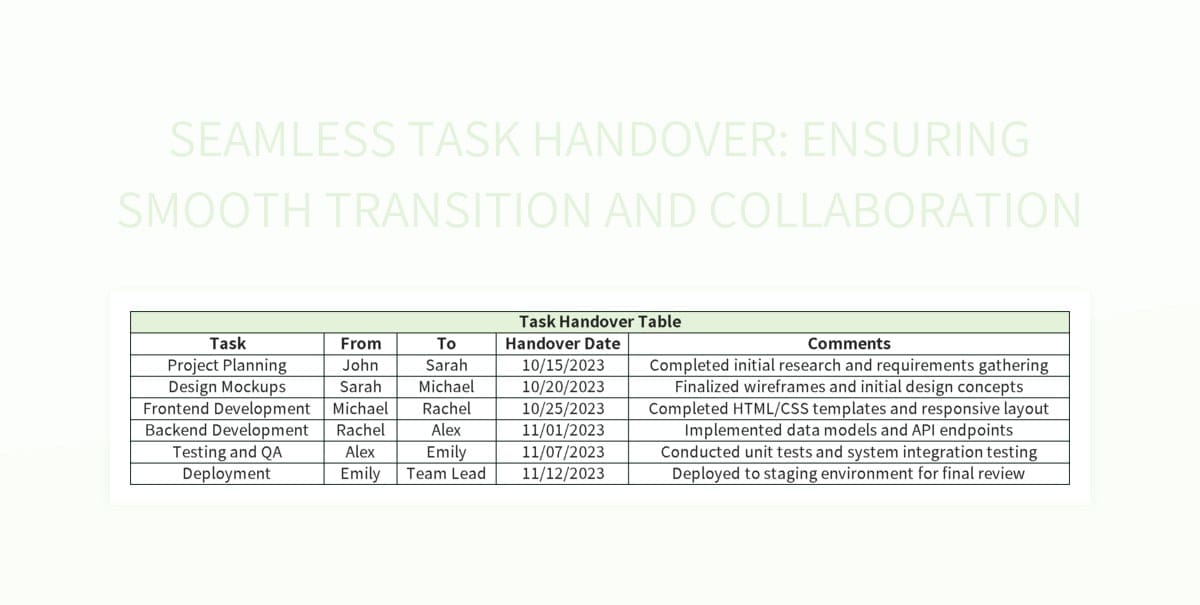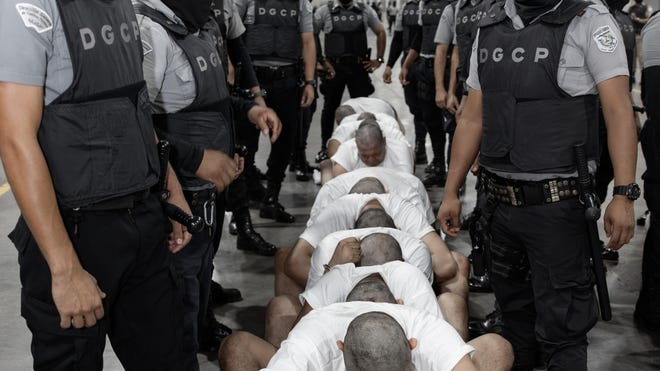Alfred Dreyfus: Parliamentary Move For Posthumous Recognition

Table of Contents
The Dreyfus Affair: A Recap of the Injustice
The Dreyfus Affair, unfolding between 1894 and 1906, remains a chilling example of a false accusation leading to a wrongful conviction. Alfred Dreyfus, a Jewish officer in the French Army, was falsely accused of treason, a charge fueled by rampant antisemitism and a desire to scapegoat a minority group. The military, desperate to cover up its own incompetence, manufactured evidence and orchestrated a sham trial. This led to Dreyfus's unjust conviction and deportation to Devil's Island.
- Key Figures: The Affair involved many key players, including:
- Alfred Dreyfus: The wrongly accused Jewish officer.
- Emile Zola: The celebrated writer who published the famous open letter "J'accuse...", exposing the military conspiracy.
- Mathieu Dreyfus: Alfred's brother, instrumental in fighting for his exoneration.
- Colonel Georges Picquart: The officer who discovered evidence of Dreyfus's innocence, ultimately leading to a retrial.
The lasting impact of the Affair profoundly shaped French society, sparking intense debates about antisemitism, justice, and the role of the military. Its repercussions continue to resonate in discussions about historical accountability and social justice.
The Rationale Behind the Parliamentary Move for Posthumous Recognition
The renewed push for posthumous recognition of Alfred Dreyfus stems from a desire for national reconciliation and historical justice. It's a recognition that past injustices must be acknowledged and addressed, even after the individuals involved have passed. The move aims to right a historical wrong and offer a symbolic reparation for the immense suffering inflicted on Dreyfus and his family.
-
Specific political figures and groups are spearheading this initiative, highlighting a growing consensus that a formal act of recognition is long overdue.
-
Arguments for posthumous recognition include:
- Correcting a grave historical injustice.
- Acknowledging the immense suffering endured by Dreyfus and his family.
- Promoting national reconciliation by confronting a dark chapter in French history.
- Serving as a powerful educational tool to prevent similar injustices in the future.
The Proposed Forms of Recognition
Several forms of recognition are being considered by the French Parliament. These proposals aim to offer a multifaceted approach to acknowledging the historical wrong:
- A formal national apology: A public acknowledgment of the injustice committed against Dreyfus.
- A national monument or memorial: A physical symbol dedicated to Dreyfus's memory and the fight for justice.
- Revisions to official historical narratives: Ensuring accurate and unbiased accounts of the Dreyfus Affair are incorporated into educational materials and public discourse. This includes addressing the pervasive antisemitism that fueled the injustice.
Potential Obstacles and Challenges to Posthumous Recognition
While support for posthumous recognition is substantial, potential obstacles remain. Some political factions might oppose the move due to concerns about historical revisionism or the perceived cost of national apologies. Furthermore, achieving unanimous support within the Parliament requires navigating diverse political viewpoints and sensitivities.
- Potential arguments against recognition: Some might argue that dwelling on past grievances is counterproductive or that acknowledging the Affair could undermine national pride.
- Counter-arguments: However, proponents argue that acknowledging past injustices is essential for building a more just and equitable society, promoting learning from the past, and preventing similar events from recurring. Moreover, the cost of inaction – perpetuating historical inaccuracies and ignoring the plight of Dreyfus – is far greater than the cost of a formal apology and recognition.
The Significance of Posthumous Recognition for Dreyfus and Society
Posthumous recognition for Alfred Dreyfus holds immense symbolic importance. It transcends a simple act of atonement; it represents a commitment to historical accuracy, social justice, and the pursuit of truth. For Dreyfus’s family and the Jewish community, this recognition offers a measure of closure and validation.
- The broader societal implications are equally significant. Acknowledging past injustices fosters historical accountability, promoting a culture of learning from mistakes and working towards a more just and equitable future.
- The educational value of recognizing the Dreyfus Affair is immense. It can serve as a potent reminder of the dangers of antisemitism, prejudice, and unchecked power. It highlights the importance of critical thinking, due process, and the fight for justice.
Conclusion: Securing Justice for Alfred Dreyfus – A Call for Continued Support
The parliamentary move for posthumous recognition of Alfred Dreyfus represents a crucial step toward national reconciliation and historical justice. It underscores the lasting importance of confronting past injustices and learning from them. This move is not just about honoring Dreyfus; it's about reaffirming our commitment to truth, justice, and the fight against prejudice. We must actively support the efforts to secure this long-overdue recognition, ensuring that the legacy of Alfred Dreyfus serves as a beacon of hope and a reminder of the ongoing struggle for social justice.
Learn more and support the efforts for Justice for Dreyfus by visiting relevant resources such as [link to relevant historical society] and [link to French Parliament website]. Let us ensure that Alfred Dreyfus’s story continues to inspire future generations to fight for truth and justice. Support Dreyfus, and support the legacy of fighting against injustice.

Featured Posts
-
 A Relaxing Escape To The Country Considerations For A Smooth Transition
May 24, 2025
A Relaxing Escape To The Country Considerations For A Smooth Transition
May 24, 2025 -
 Analyzing The Net Asset Value Nav For The Amundi Dow Jones Industrial Average Ucits Etf
May 24, 2025
Analyzing The Net Asset Value Nav For The Amundi Dow Jones Industrial Average Ucits Etf
May 24, 2025 -
 Michael Caine Recalls Awkward Mia Farrow Sex Scene Bloody Hell
May 24, 2025
Michael Caine Recalls Awkward Mia Farrow Sex Scene Bloody Hell
May 24, 2025 -
 Kyle Walker Party Pictures And Annie Kilners Return Home
May 24, 2025
Kyle Walker Party Pictures And Annie Kilners Return Home
May 24, 2025 -
 This Weeks Top R And B Tracks Leon Thomas Flo And More
May 24, 2025
This Weeks Top R And B Tracks Leon Thomas Flo And More
May 24, 2025
Latest Posts
-
 Actress Mia Farrow Demands Trumps Imprisonment Regarding Venezuelan Deportations
May 24, 2025
Actress Mia Farrow Demands Trumps Imprisonment Regarding Venezuelan Deportations
May 24, 2025 -
 Mia Farrows Plea Jail Trump For Deporting Venezuelan Gang Members
May 24, 2025
Mia Farrows Plea Jail Trump For Deporting Venezuelan Gang Members
May 24, 2025 -
 Mia Farrow Calls For Trumps Arrest Over Venezuelan Deportations
May 24, 2025
Mia Farrow Calls For Trumps Arrest Over Venezuelan Deportations
May 24, 2025 -
 Farrows Plea Jail Trump For Handling Of Venezuelan Deportations
May 24, 2025
Farrows Plea Jail Trump For Handling Of Venezuelan Deportations
May 24, 2025 -
 Actress Mia Farrow Trump Should Be Jailed For Venezuelan Deportation Policy
May 24, 2025
Actress Mia Farrow Trump Should Be Jailed For Venezuelan Deportation Policy
May 24, 2025
